After you’ve had back surgery, follow your surgeon’s instructions precisely. Spinal surgery is delicate, involved work, so for complete healing, follow the directions you’re given. Your surgeon will probably prescribe a regimen of physical therapy to help you regain full range of motion and remain pain-free.
Along with this regimen of physical therapy, you should do everything you can to enhance the healing of your spine and incisions. Follow as healthy a diet as possible. Nutrition to enhance healing is highly recommended after surgery, and it’s included as part of the healthy habits you’ll be encouraged to follow. Suggestions for optimal healing include:
- Quit smoking. Smoking cigarettes is known to magnify back pain, while nicotine slows your healing process. It’s especially true if you’ve had a spinal fusion because nicotine directly inhibits bone growth and healing.
- Maintain good posture. While sitting, keep your back straight, eyes looking ahead. Use lumbar support and keep sitting to a minimum at first to avoid muscle pain.
- Reduce or refuse alcohol consumption. You need to maintain a positive attitude during healing, and since alcohol is a depressant, you should avoid it as much as possible. It also increases the effect of the other drugs you’ve been prescribed by your doctor and could negate their effectiveness.
- Lose weight. If you carry excess weight, you may not feel the benefits of your surgery as well or as quickly. Having extra weight puts more strain on muscles and discs in you back, which can also slow your healing.
- Eat healthy meals. Nutrition to enhance healing adds vital nutrients to your diet to promote your healing, weight loss and well-being.
Eating for Healing
To promote a healthy weight loss and healing after your back surgery, your doctor or nutritionist encourages you to include several foods in your diet. These foods provide specific nutrients that your body needs to heal and return to peak performance. Your doctor may provide you with a specific diet immediately following your surgery, and then leave it up to you to eat healthy meals later on.
Nutrition to enhance healing helps your body get what it needs to keep you healthy and strong while it repairs itself. The top foods you need for nutrition to enhance healing are listed below. Try to incorporate as many of these as possible into your diet daily:
- Almonds. These nuts are loaded with vitamin E, which helps with wound healing.
- Beans. Beans are high in iron, which helps create new blood cells. This can shorten your post-surgery healing time.
- Lean meats and poultry. The proteins in meats help repair tissues and muscles that may have been damaged during your procedure.
- Citrus. Packed with vitamin C, citrus fruits help heal soft tissues and promote collagen development.
- Water. Your daily H2O intake is critical to your nutrition. It enhances healing, too. Proper hydration keeps your cells working the way they should.
- Mushrooms. They pack a powerful dose of vitamin D that helps your bones heal.
- Seafood. Seafood contains zinc, which gives your body the energy to heal after surgery.
- Sweet potatoes. These spuds contain vitamin A, essential for a healthy immune system as well as cell growth.
- Whole grains. Many pain medications and anesthesia can cause constipation. Whole grains are a wonderful source of the fiber that you need to keep things moving and prevent constipation.
